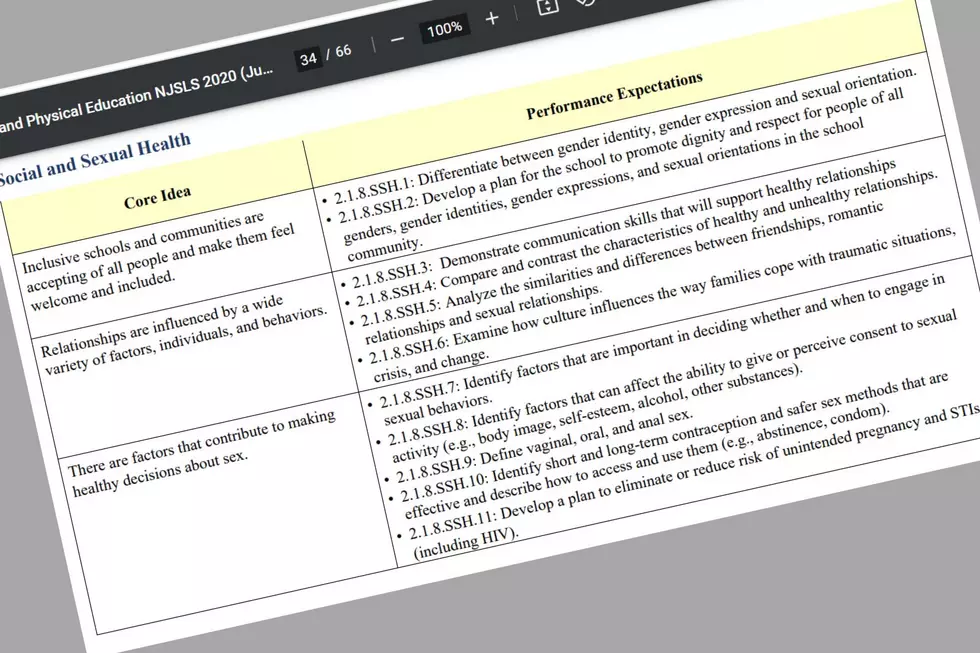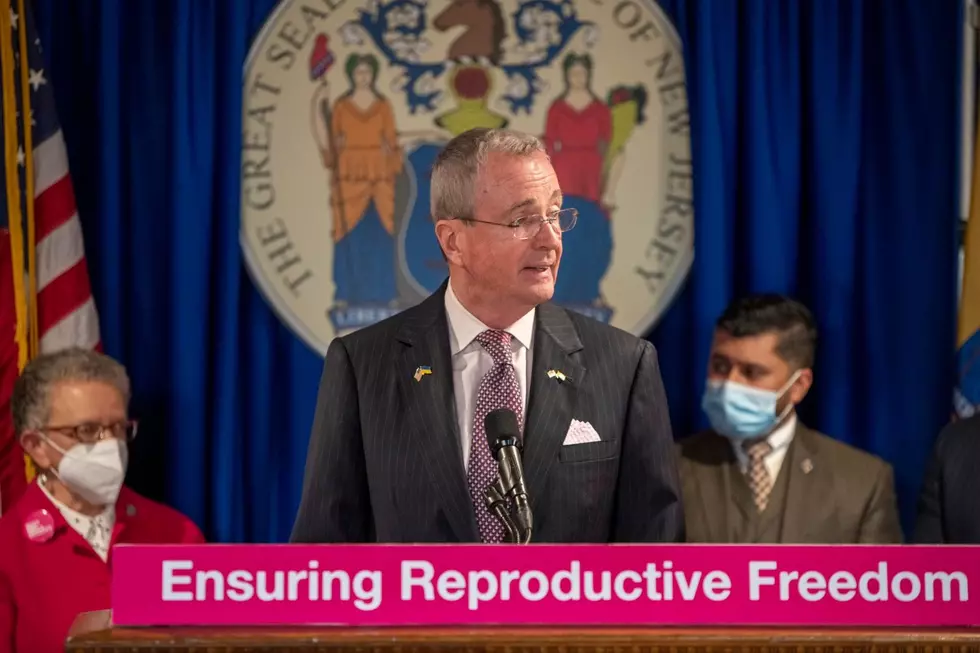
NJ Curriculum Furor: Will State Impose Penalties Over Sex Education?
TRENTON – A Republican state senator says Gov. Phil Murphy is “gaslighting parents” concerned about new sex education requirements by assuring them their concerns are unfounded when school districts face penalties if they don’t teach the standards.
Senate Minority Leader Steve Oroho, R-Sussex, said that if the state Department of Education is going to penalize districts that don’t teach a curriculum that satisfies the updated standards, local school boards do not actually control what’s taught in their classrooms.
“We have absolute proof that Gov. Murphy has been gaslighting parents who have expressed their serious concerns about new sex ed requirements that many believe are inappropriate for young children,” Oroho said.
“They say everything’s up to local control, those in the administration and certain legislators. ‘Everything’s up to local control. We’re blowing this out of proportion.’ Which just can’t be further from the truth,” he said. “If someone can be penalized, if a district can be penalized – either school aid, grants, some sort of other penalty – how can it possibly be local control?”
Ramifications could vary
A Department of Education spokesperson told The Record that districts that ignore the new standards “will be penalized for instruction and program in the appropriate curricular area” and that “the severity of the ramifications could vary.”

The idea that districts could be penalized if they refuse to teach the updated standards isn’t new, as state education officials have been saying it for months. Districts have latitude over how and when the lessons will be delivered but can’t ignore them, though Department of Education officials have said they don’t expect things to get to the point where penalties would be necessary.
“Each (district) must implement curriculum and instruction that address each performance expectation by the end of the specified grade levels. This leaves considerable room for local district discretion, and, critically, for the voices of parents and families,” acting Education Commissioner Angelica Allen-McMillan said at the State Board of Education meeting in May.
“It is the responsibility of each local district board of education – through meaningful, ongoing, and direct consultation with families – to select, adopt, and implement curricula that reflect both the New Jersey Student Learning Standards and the priorities and values of the school community,” she said.
“Further, it is (districts) that develop or select curriculum materials, based on their local curriculum development and review process. The Department does not review, approve, or actively endorse instructional materials,” said Allen-McMillan, who said districts decide when instructional content gets introduced to students, within the specified grade bands.
Standards mandatory but lessons a local call
The 2022-23 school year is the year in which districts have to meet the updated sex education curriculum standards adopted in 2020.
The state isn’t mandating any specific lesson plans for meeting the new standards. But districts are required to deliver a curriculum that meets the standards, though parents can opt their children out of those lessons.
“There are some lesson plans and other support materials that I, personally, as a mom and as a former teacher, administrator and board member, would not select for me or my children’s classrooms. They would not be my personal choices,” Allen-McMillan said in May. “But as commissioner, I reinforce the authority of the Department of Education to adopt required academic standards, the responsibility of every (district) to select and implement standards-aligned materials that advance their values, and the right of every parent to opt-out of certain instruction as outlined in the law.”
Oroho said that isn’t sufficient and that the sex education mandates should be repealed. He also advocates letting parents opt-in to allow their children to take the lesson, rather than opt-out to avoid it.
“The unspoken threat is that Gov. Murphy will cut state aid to school districts that refuse to comply, which will drive up property taxes for struggling families in those communities even higher,” Oroho said.
“Communities will be forced to decide whether standing up for their values is worth the economic pain the Murphy administration might impose on them for daring to assert their parental rights when it comes to sex education,” he said.
Cape May, NJ: 15 wonderful places to visit
Netflix’s Most Popular English-Language TV Shows Ever
More From WPG Talk Radio 95.5 FM










